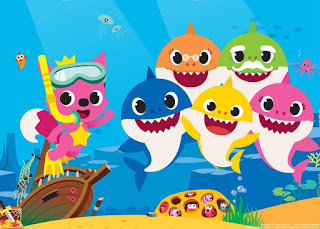 |
| Kelly Clever with Range by Daivd Epstein |
Conventional wisdom tells us that we need to pick our specializations early or else we'll be left in the dust by all of our competitors who do. Epstein shows that this can be the secret to success in "kind" environments, like the world of chess players, where learning a lot of information that responds consistently is important. In an information-saturated, ever-changing, uncertain world, however, most decisions and actions need to be made in a "wicked" environment. It is in these "wicked" environments that those with wide-ranging interests and experiences come into their own.
Range reads a bit like Freakonomics or Outliers, even though it turns one of Outliers' much-touted truisms (the 10,000-hour rule) upside down. It's an engaging and fascinating look at how some of the most successful and well-known athletes, artists, musicians, prediction-casters, and scientists dabble in a lot of things instead of hyper-focusing on one area. After all, if the only tool you have is a hammer, things tend to start looking like nails... but if you have a well-stocked toolbox with a variety of tools, you're more likely to find a better solution. While the book hasn't talked about the value of the liberal arts (yet, anyway; I still have 100 pages to go!), that has been on my mind as I consider our university goals of educating students to be "fit for the world in which they will live." Critical thinking, problem-solving, ethical reasoning, and more are skills we seek to cultivate in our students, and they are abilities and mindsets that Epstein finds, again and again, were vital ingredients in major discoveries and accomplishments.


